"I prefer to repress than to depress", is one of the bedside phrases of the Argentine doctor Marcelo Fernández. In times of health crisis like the one we are experiencing now, the 50-year-old man tries to contain his emotions in order to work better, keep a cool head and make good decisions. He serves as the chief of mission for Doctors Without Borders (MSF) for Mexico and Central America. There he coordinates operations to care for patients, especially migrants with covid-19.
MORE INFORMATION
- Humanitarians on the front lines of disaster in times of pandemic
- Surviving a pandemic in the Mexican desert
- "The indicators in education and poverty in Mexico are going to be worse after the pandemic"
- Disability care has a woman's name
22 years ago, Fernández left the Argentine city of Rosario to begin his journey in various humanitarian projects. His first mission was in San Lucas de Sacatepéquez, in Guatemala, with MSF. There he dedicated himself to treating people with HIV. In 2001, he moved on to the first projects the NGO opened in Malawi and Cambodia.
The coronavirus pandemic found him in Mexico, where he has lived for four years. "When I arrived in Mexico, I was focused on caring for victims of violence, which is an epidemic in this region," he says. The team that works alongside him offers medical and psychosocial assistance to migrants and refugees in Tamaulipas, considered one of the states with the highest levels of danger in the country. Most of the health problems of those who undertake the dangerous migratory route from Central America to the United States have to do with travel: respiratory problems, skin infections, foot injuries and injuries from falls. They also meet people who suffered some kind of physical, sexual or psychological violence.
Thousands of displaced persons from the Northern Triangle of Central America — El Salvador, Guatemala, and Honduras — pass through Mexico every year; most of them flee violence and poverty in their countries of origin. “Although the borders of the United States at this moment are totally closed, it is not possible to prevent a person from migrating. No matter how much administrative barriers or walls are put in place, when people want to go from one place to another, they will always achieve it, by whatever means. I saw that in all the countries where I had to work ”, he says.
According to Fernández, the United States Government's Migrant Protection Protocol (MPP) and the lack of humanitarian assistance from the Mexican government endanger the lives of asylum seekers in the State of Tamaulipas. The MPP forces migrants to wait in Mexico while their cases are processed, staying in cities like Matamoros, where poor infrastructure and high levels of violence, including kidnapping, extortion, armed robbery, and sexual violence, they put their health and lives at risk. “When I see a mother or father who brings their children, who were victims of rape, that leaves a mark on me on a personal level. They are very complex realities ”, says the doctor.
What comes to us is the medical problem, but we also get involved in social problems
Since the MPP was implemented in Matamoros in August 2019, MSF has witnessed the forced return of 100 asylum seekers a day. Some spend the night out in the open in tents, exposed to the contexts of violence that trigger clashes between organized crime groups. "It is unacceptable that vulnerable beings, women, children, families and men are forced to live in risky conditions due to the violence of criminal networks and also to the inhumane treatment to which they are subjected by Mexico and the United States," warns the doctor.
To respond to this context of health crisis, in coordination with the hospital system of the border cities of Reynosa and Matamoros, MSF opened two covid-19 treatment centers in the gymnasiums of the Autonomous University of Tamaulipas campuses, to serve severe patients in order to avoid an overflow in health services. The two specially adapted structures have 20 beds and the same number of oxygen concentrators. Inside the Reynosa covid-19 center, an isolation area was contemplated for people returned from the United States suspected of having the virus. In this space, patients are isolated until the possible contagion is ruled out or their treatment ends. In turn, the Matamoros care center has 20 more beds to treat mild cases, but that do not have the option of isolation at home.
“In normal times we are 200 people working on different projects in Mexico, Guatemala and Honduras. At the moment, today we are 430. In a super fast period we recruited more than 200 people, especially in Mexico. In the team we are doctors, hygienists, nurses, orderlies, security guards and administrative staff. As the transmission of the virus is community, we already had cases within the staff. Inside the health center they are protected, which is why they are more likely to be infected in the community. I go to the centers every two weeks. When personnel are needed to stand watch, I am present. A project coordinator needs a break next week and I will cover for him so he can be absent. I cannot travel to Guatemala and Honduras due to quarantine. I have virtual contacts with these teams ”, he says.
The Argentine doctor has not seen his children, who live in France, for six months. He says: “I can only communicate with them virtually. Before the pandemic, I would visit them every two months. " This is one of the hardest changes in your new routine. “My choice was to stay here and continue doing what I know how to do. I usually repress the emotions related to the family and personal to try to give quality work. At some point that is going to hatch, but for now I keep putting it under the rug. Every day I get up and drink my coffee with the pleasure of knowing that I provide a service to a population that needs it. I love what I do. Beyond the suffering I see, I have tools that can alleviate the ailment of these people ”.
Working with uncertainty is not new for Fernández. It's something he got used to working in the humanitarian world. “I am always wondering: Will I have the means to give a treatment? Will I be able to do that surgery? Will I be able to give access to quality services to all patients? The pandemic adds one more uncertainty to what we already live in our day to day. As a humanitarian aid professional, I am prepared to resolve emergency situations such as an armed conflict, an epidemic, a hunger crisis ”, he reflects.
For 20 years, Fernández dedicated himself to the care of patients with HIV and initially his objectives were to generate access to medicines, to make governments pay attention to the problem and to make treatment less expensive. “When I started this fight, the treatment cost $ 1,000 per patient per month. That is, about $ 12,000 per year. It was impossible for any patient to have access. At the end of the 1990s, a campaign was made with civil society organizations to give people access and lower prices. From all this experience I learned that you should never lower your arms, ”he recalls.
Since the covid-19 centers opened on the northern border of Mexico, more than 150 people have passed through there. MSF predicted that the migrant population would not have access to medical services and created the infrastructure to protect this population, which is often discriminated against in health centers. “In the northern border, the hospitals are overwhelmed and we were able to confirm that they do not prioritize the care of a migrant person. This population comes to our centers because they did not receive medical services elsewhere. If this center were not open, I think they would be left without attention ”, says Fernández.
Although the MSF mission chief for Mexico and Central America is also a migrant and identifies with his patients in some ways, he admits that he was fortunate to leave because he wanted to. “I consider myself a hormonal exile, I left because I fell in love with a person. It was a personal decision, it was not an economic or political issue. In the last 20 years I have seen many people fleeing conflicts and one feels empathy for the suffering of those people who suffer violence, discrimination, political persecution or economic problems in their countries. What comes to us is the medical problem, but we also get involved in social problems. Still, I try not to get emotionally involved because otherwise, I wouldn't be able to do this job. Many times one sees so many needs in such difficult contexts that in the end you feel that the possibility of intervention is very limited. Keeping a cool head allows you to make difficult decisions ”, he concludes.
You can follow PLANETA FUTURO on Twitter and Facebook and Instagram, and subscribe to our newsletter here .

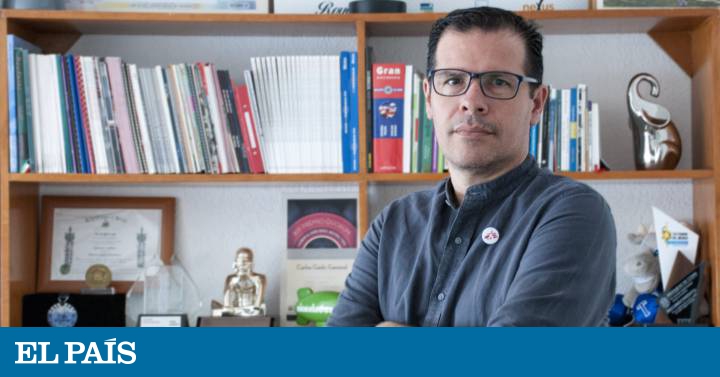
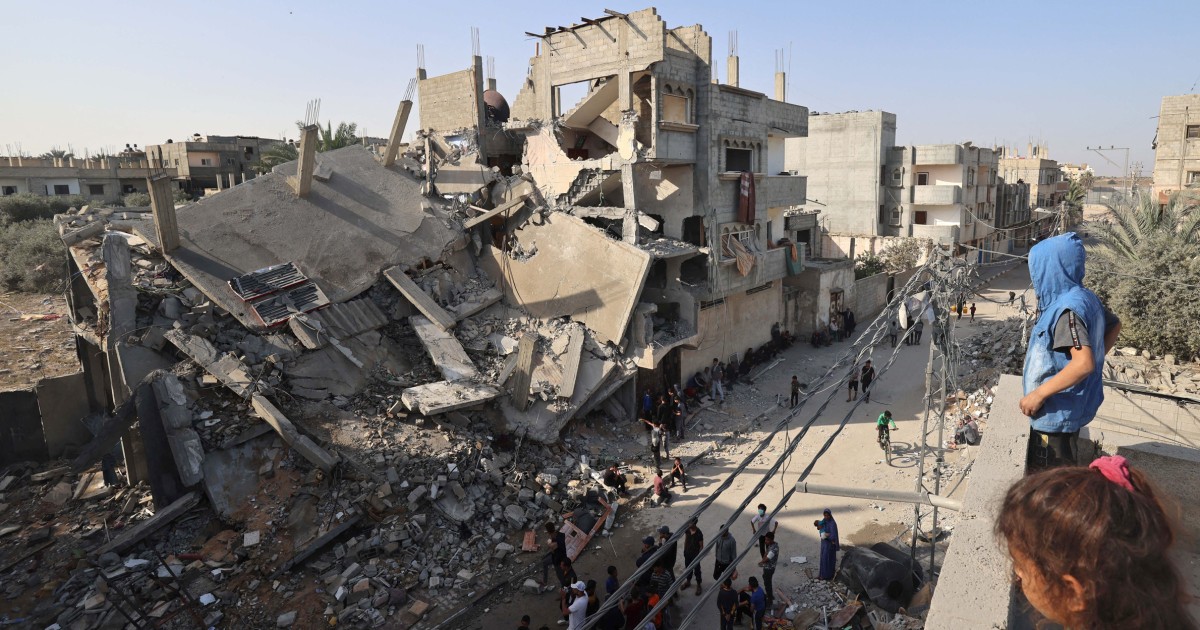
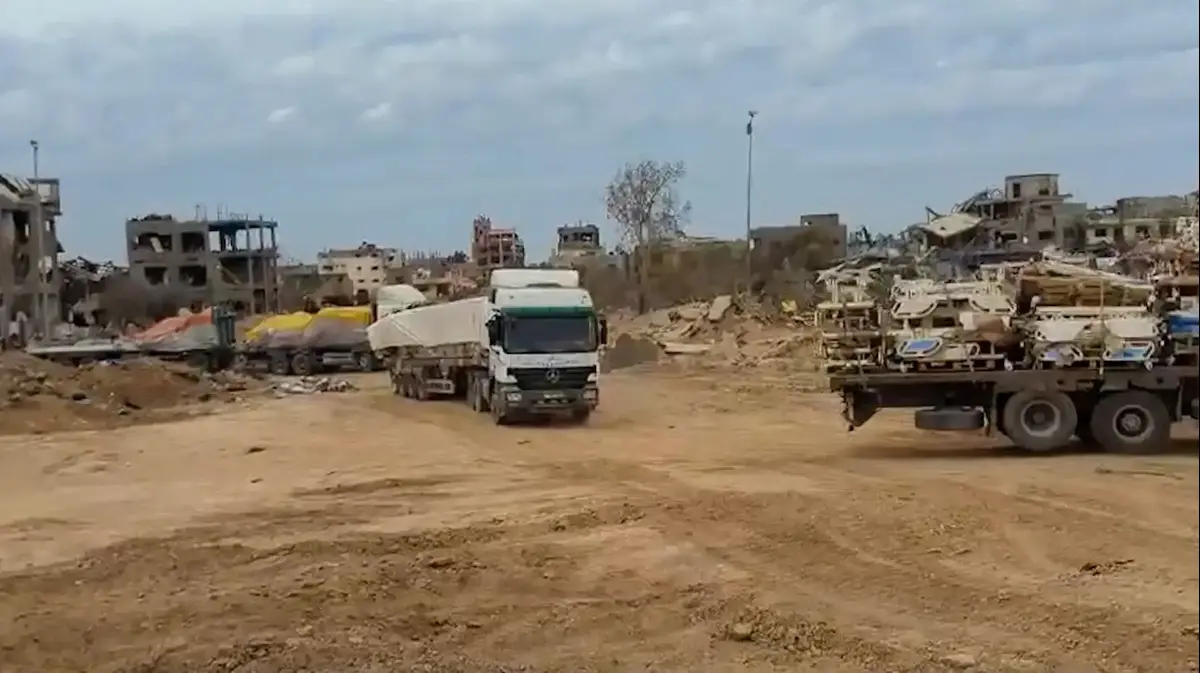
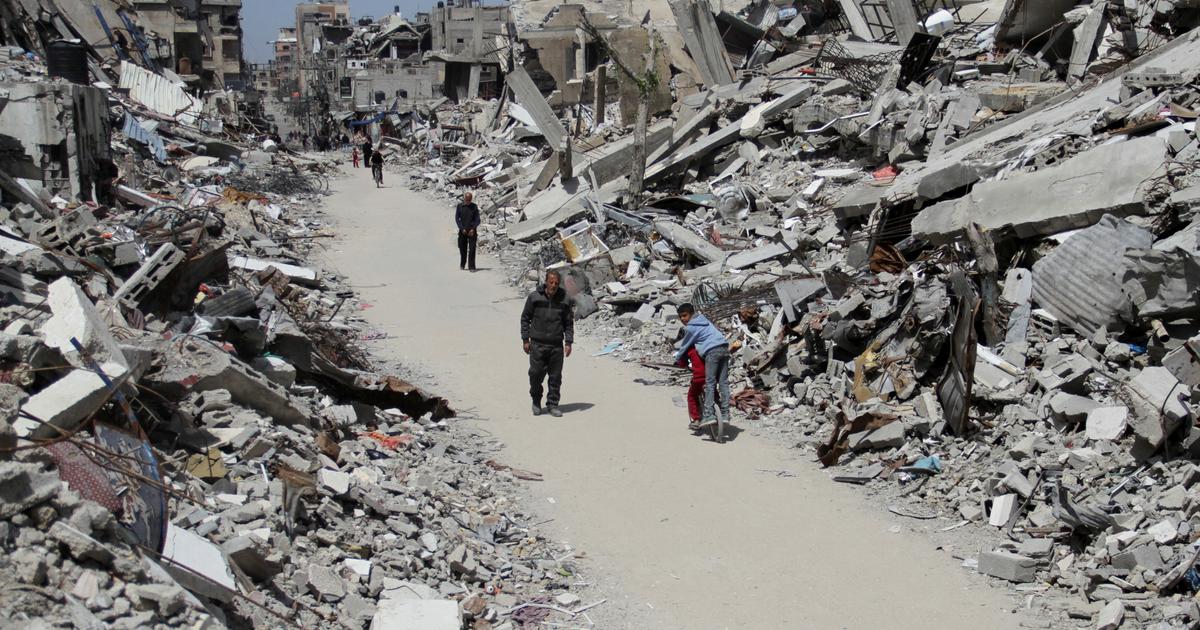

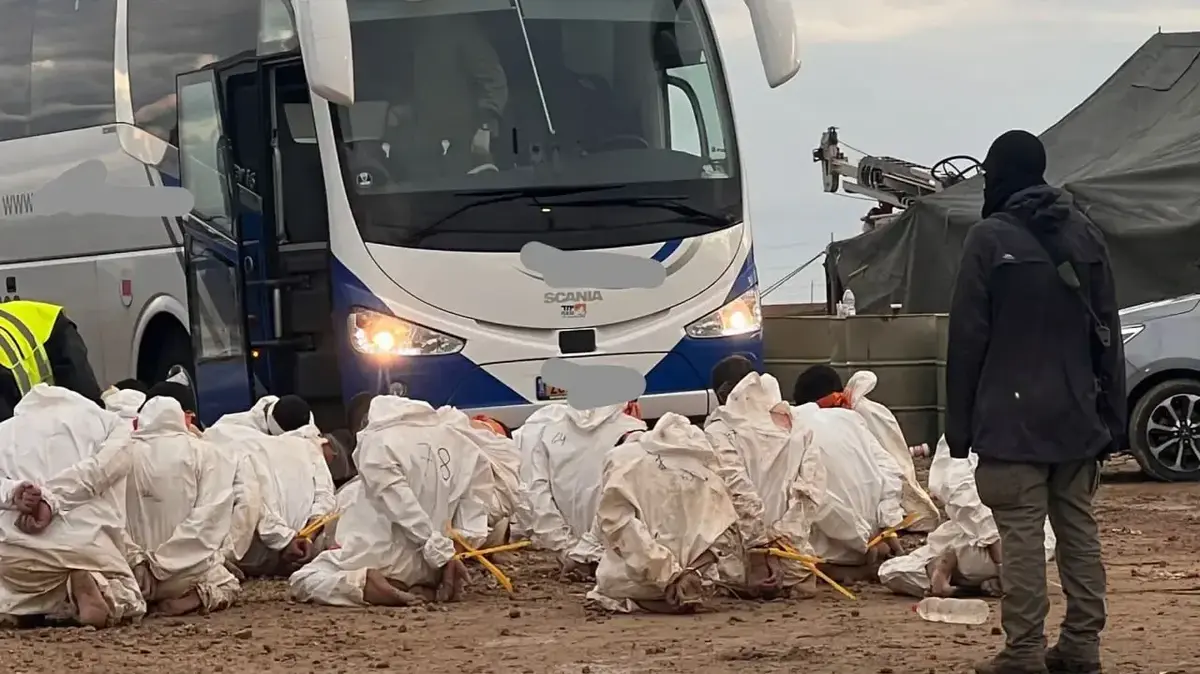

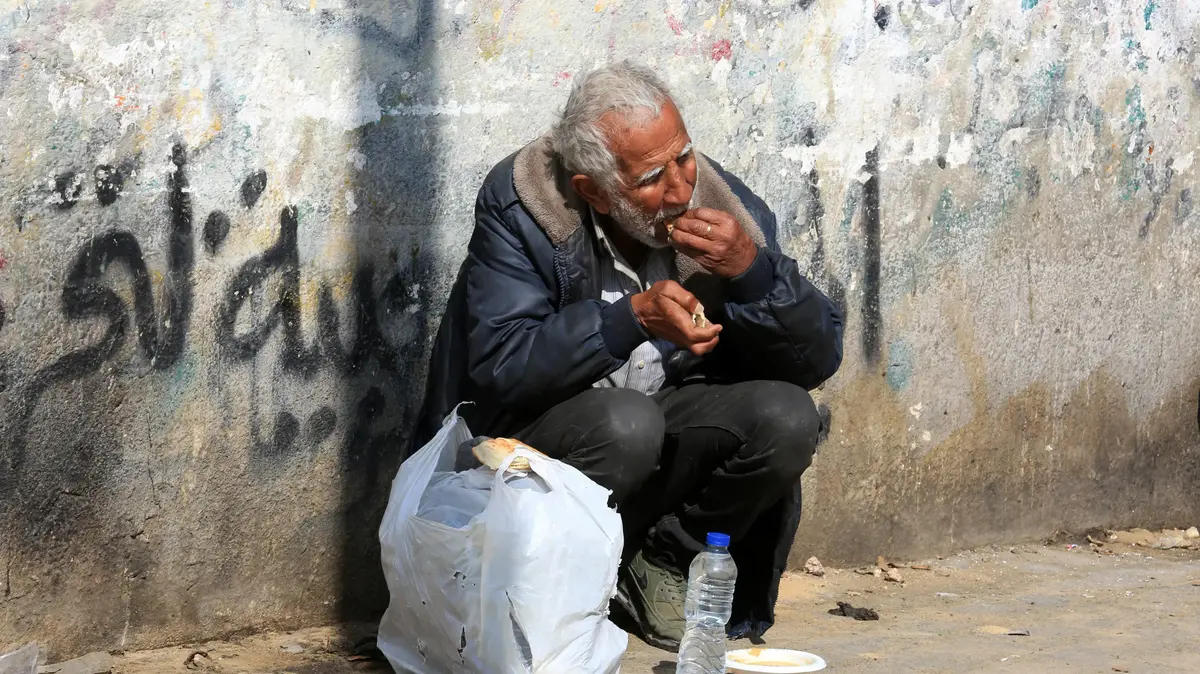
/cloudfront-eu-central-1.images.arcpublishing.com/prisa/CRIQFD7SNS67BN5M2KXT3ADXQI.jpg)





